 |
| Visitors learn about handicraft products at the Hue Traditional Craft Exhibition, Introduction and Performance Space |
Still have concerns
In tourism development, the cooperation between the public and private sectors is opening up many new opportunities. Typically, Traveloka - a technology partner of the Vietnam National Administration of Tourism, coordinates with many localities to implement stimulus programs. In Da Nang, the "Enjoy Da Nang 2024" program issues thousands of vouchers combining air tickets, hotel rooms and tourist attractions, bringing about remarkable results.
The public-private partnership model is considered a key solution to fully exploit tourism potential, mobilize social resources, promote innovation and apply digital technology to improve tourist experience and expand destination competitiveness. However, in reality, there are still many concerns. According to a representative of Vietsoftpro Group Joint Stock Company, the automatic tour guide models at relic sites or the smart bicycle project in Hue that the unit has implemented are rudimentary models in public-private partnership, associated with digital transformation in the tourism sector. The company hopes to implement larger projects, associated with public-private partnership, but still needs better coordination mechanisms.
In the public-private partnership model, businesses play a driving role in product innovation and tourist experience. However, this direction is still limited due to mechanisms, policies and an unattractive business environment. Many businesses want to cooperate with management agencies, but are still stuck in unclear cooperation mechanisms, benefit sharing and legal regulations.
According to the Department of Tourism, although there are many projects and tourism infrastructure institutions invested in with the cooperation between the private sector and the State; socialized cooperation creates attractive products, destinations, events, and festivals to serve tourists; and the accompanying promotion and promotion work of the State and businesses is also connected and parallel..., however, the cooperation process still has some difficulties, the legal framework and administrative procedures are not synchronized. The capacity to manage public-private cooperation at the local level is still inadequate, there is a lack of specialized teams in negotiating and drafting contracts, and there is no strong enough destination management organization (DMO) to coordinate effectively.
The resources of private investment cooperation units in the tourism sector in Hue City are still limited, lacking corporations and investors with the potential to invest in tourism infrastructure; and there are also limitations in international brands investing in hotels and resorts, leading to difficulties in participating in supporting the promotion of local destinations.
Removing difficulties
About 4 years ago, when discussing public-private cooperation related to digital transformation, Mr. Tran Trong Kien, Chairman of the National Tourism Advisory Council, analyzed that digital transformation had been mentioned, many units, localities, and destinations were implementing it together, it was just a matter of how to achieve the desired results. Like all fields, attracting investors and combining public and private sectors will be the decisive factors to help Hue transform digitally in the right direction, quickly and sustainably.
Hue has been making progress in digital transformation, including in the tourism sector. However, in addition to digital transformation, public-private cooperation in tourism still requires many contents. To remove bottlenecks, it is necessary to create a legal environment and a favorable business environment for businesses and the community to develop tourism; in which, it is necessary to ensure transparency, equality and safety for tourism activities so that businesses can trust and feel secure in investing.
In the coming time, the tourism industry needs to step up the implementation of strategic solutions to improve the effectiveness of public-private partnerships, thereby promoting sustainable development and attracting social resources. Regarding infrastructure and facilities, it is necessary to build a flexible public-private partnership mechanism to mobilize private capital to invest in the transportation system, accommodation, digital infrastructure and tourism utilities.
For tourism products, destinations and events, it is necessary to pilot key public-private partnership projects such as regional linkages to develop specific tourism routes, organize festivals and music events with cultural preservation elements, promote the development of cultural industries and apply new technologies (AR/VR)...
In terms of promotion, the tourism industry needs to sign strategic partnerships with technology platforms and online travel agencies, implement promotional campaigns with transparent KPIs, and exploit tourist data to design suitable products. In addition, making community monitoring transparent, providing professional training for local officials, and establishing a community support fund will be practical steps to realize the strategic orientation.
Hue tourism needs to take advantage of the power of public-private partnerships for effective and long-term development. When the State creates, businesses take the lead, and the community benefits, the tourism industry can become a spearhead economic sector and develop sustainably.
Source: https://huengaynay.vn/kinh-te/tan-dung-suc-manh-tu-hop-tac-cong-tu-159906.html


![[Photo] Unique architecture of the deepest metro station in France](https://vphoto.vietnam.vn/thumb/1200x675/vietnam/resource/IMAGE/2025/11/14/1763107592365_ga-sau-nhat-nuoc-phap-duy-1-6403-jpg.webp)
![[Photo] Unique art of painting Tuong masks](https://vphoto.vietnam.vn/thumb/1200x675/vietnam/resource/IMAGE/2025/11/14/1763094089301_ndo_br_1-jpg.webp)






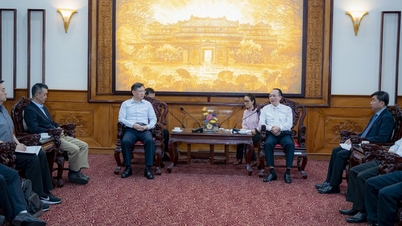
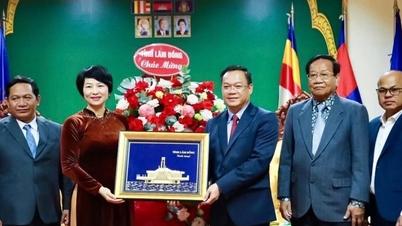


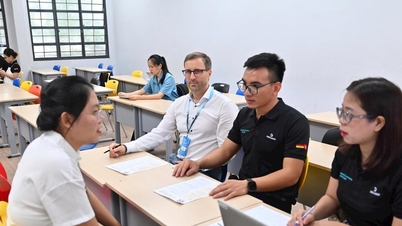


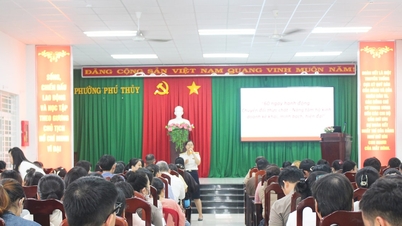
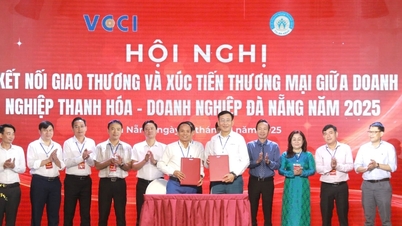
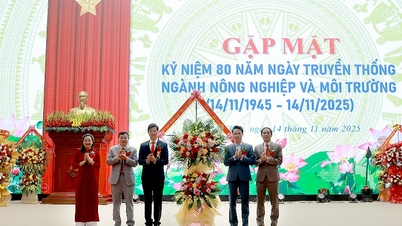

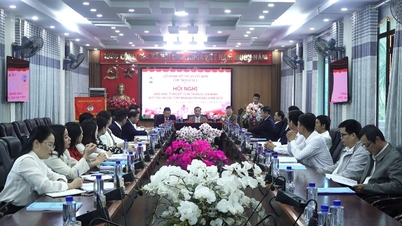
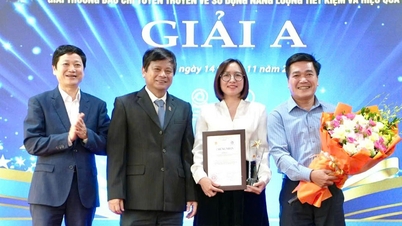

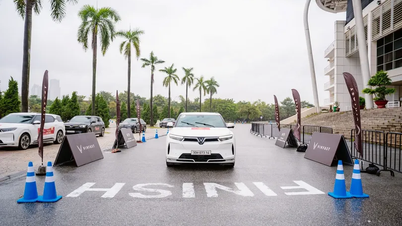





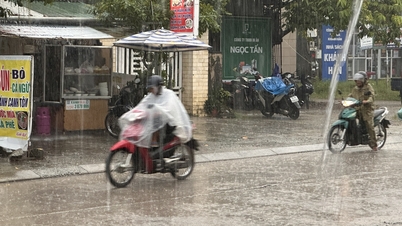
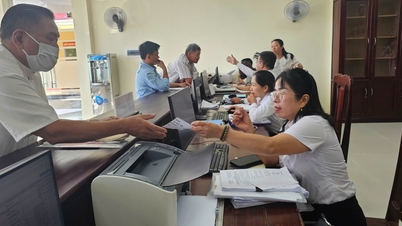
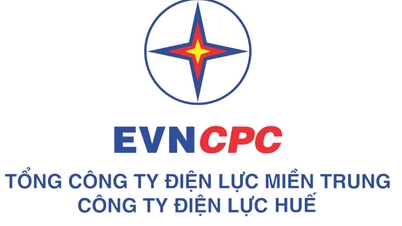
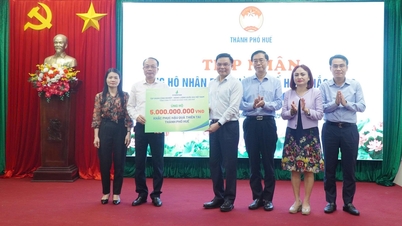

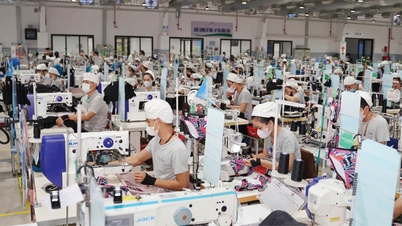

![[Photo] Special class in Tra Linh](https://vphoto.vietnam.vn/thumb/1200x675/vietnam/resource/IMAGE/2025/11/14/1763078485441_ndo_br_lop-hoc-7-jpg.webp)















































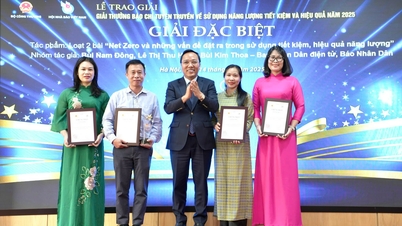

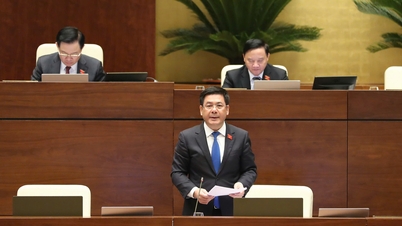

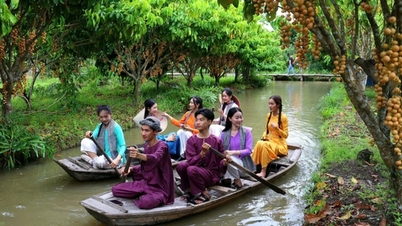

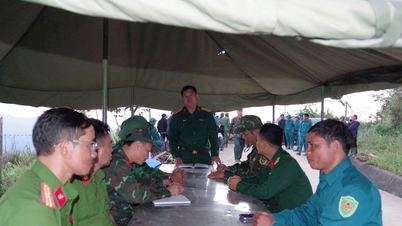

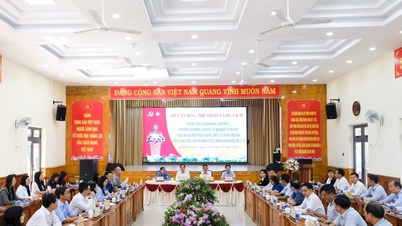


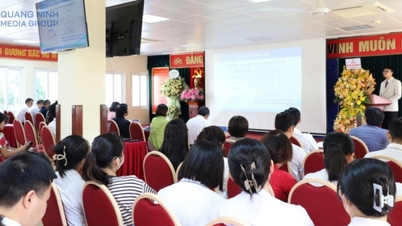














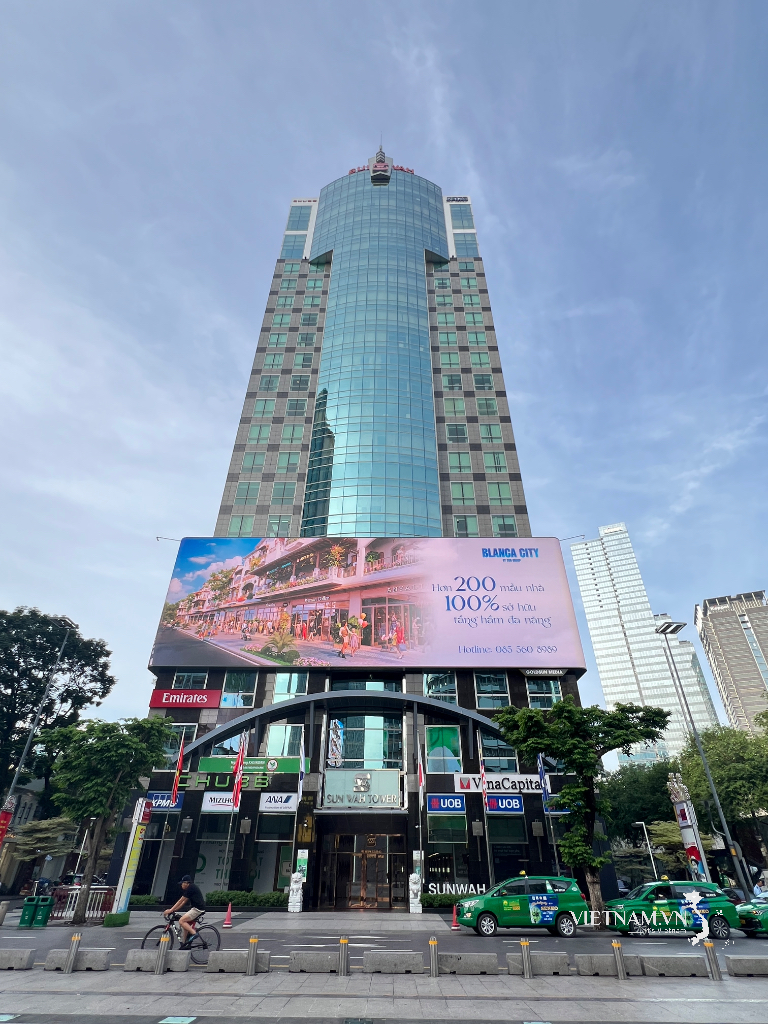
Comment (0)